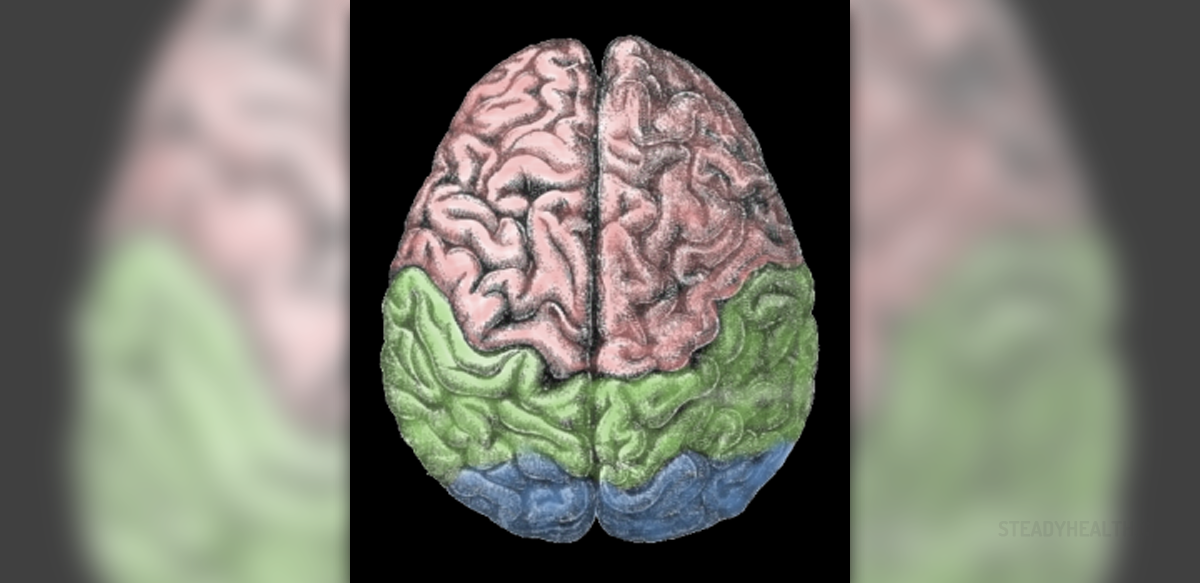
Along with the heart, the brain is the most important organ in the human body. It is the part of the nervous system and has a complex structure. One of the disorders that can affect the brain is the cerebral or brain hemorrhage. This brain bleeding belongs to the intracranial hemorrhages. The intracranial hemorrhage can be of two types: intra-axial hemorrhage and extra-axial hemorrhage, which includes subdural, epidural and subarachnoid hemorrhage.
The main difference between any of the extra-axial hemorrhages and cerebral hemorrhage is the place where the bleeding occurs. In case of the cerebral hemorrhage, the bleeding occurs within the brain tissue and it comes from the ruptured blood vessel in the brain. The cerebral hemorrhage is a very serious condition since it can significantly damage the brain and even lead to death.
Symptoms of cerebral hemorrhage
Cerebral hemorrhage is the condition that has numerous symptoms, which should not be ignored and neglected. The person with cerebral bleeding usually experiences abrupt headaches and severe dizziness along with nausea and vomiting. Furthermore, problems with eyes may occur in this condition, such as uncontrollable eye movements and drooping eyelids.
Brain hemorrhage may also cause numbness, weakness and loss of coordination, as well as speech problems. It is considered that the loss of consciousness and seizures are also probable when this disorder affects the brain. Since this condition is very serious, it is crucially important to immediately seek medical attention.
Causes of cerebral hemorrhage
The arteries or blood vessels in the brain can be ruptured due to several reasons.
A brain injury is one of the potential causes responsible for the occurrence of brain hemorrhage. Furthermore, high blood pressure or hypertension may also cause the rupture of the blood vessels because constant high blood pressure tends to make the walls of the blood vessels weak and prone to the ruptures.Aneurysm is a condition that is considered a potential cause of the brain hemorrhage as well. When this cerebrovascular disorder happens, the walls of a cerebral artery or vein are very weak. The main causative factor for the occurrence of aneurysm is atherosclerosis. Moreover, the brain bleeding may also happen due to some congenital or present at birth anomalies in the blood channels. When these blood vessels burst out, hemorrhage occurs.The cerebral hemorrhage may also be induced by the condition called amyloid angiopathy, which usually appears in elderly people.Tumors within the brain are also responsible for the cerebral bleeding.





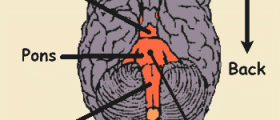
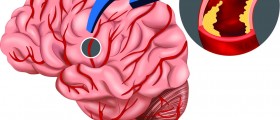
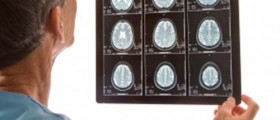



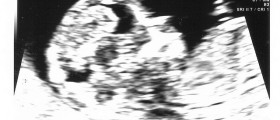




Your thoughts on this
Loading...